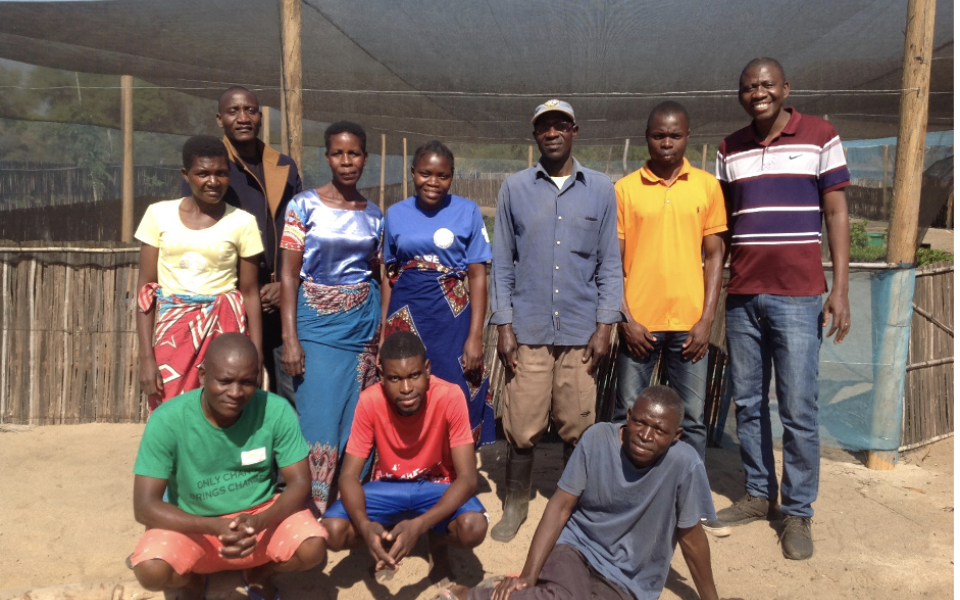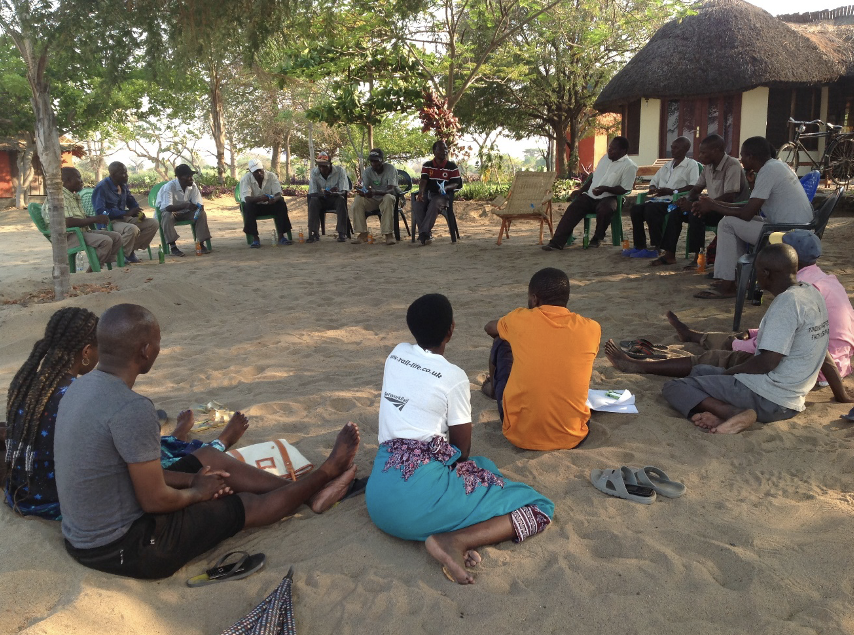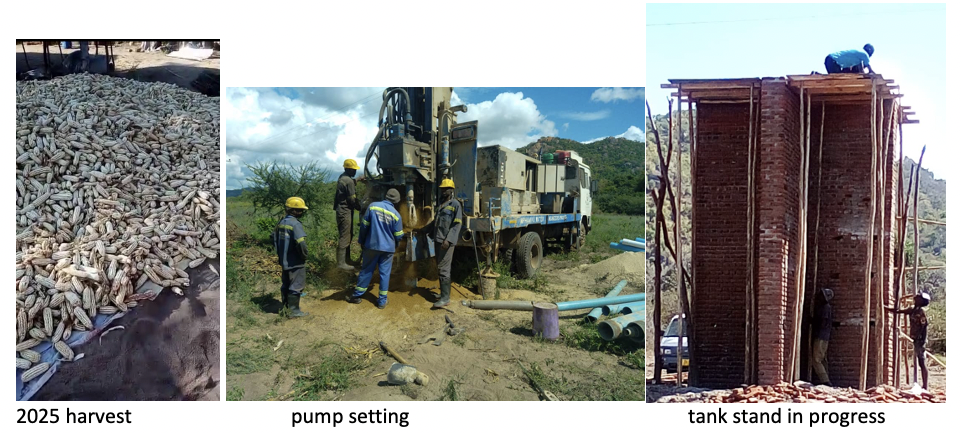
In Africa, discussions about poverty and economic challenges are often intertwined with issues of food security. Despite the ongoing conversation, a painful truth remains: Africa possesses vast expanses of land that could be transformed into productive resources to combat food insecurity and reduce poverty. Many people share the same questions I have: Why is there a food shortage in Africa? Is there hope for a solution? Who can provide answers to these pressing problems?
A community called Nkhudzi Bay CC, located in the area of Traditional Authority Nankumba in Mangochi District, Malawi, has taken steps to address these questions by exploring various farming techniques.
In Africa and particularly in Malawi, we believe that "if you are burning your father's house, you will inherit ashes." This saying underscores the need to reflect on our practices. Nkhudzi Bay CC conducted agricultural research to identify possible pitfalls in our approach.
One significant finding was that relying on external tools to solve internal problems has negatively impacted our farming practices. For instance, the use of chemical fertilizers has severely degraded the fertility of our soil. Additionally, the types of seeds we plant raise concerns about whether we are genuinely growing food or merely altering our perceptions of food production.
To address these issues, the CC decided to return to indigenous knowledge by using rock hyrax (Procavia capensis) dung mixed with maize bran and organic fertilizers.
This approach proved effective, resulting in a bumper yield of 112 bags of maize from just 3 hectares during the 2024-2025 season. Research indicates that we need to gradually reduce the amount of fertilizer used each year for four years to restore the land’s natural fertility, and this is precisely what the community is committed to doing.

To further enhance our efforts, the CC has been allocated 10 hectares of land for intensive irrigation agriculture using these indigenous methods. We would like to express our heartfelt gratitude to Mr. John Simpson, a UK-based supporter, for his generous contributions.
He funded the project, including the solar water system (a 10,000-liter tank, a heavy-duty irrigation engine, solar equipment, and pipes). This support was made in memory of his late wife, Mrs. Belinda Simpson (may her soul rest in eternal peace), who had shown interest in funding this project in different ways. Mr. Simpson has chosen to continue her vision.
Additionally, the acknowledgment goes to the community, led by Chief Mwanyama, for their invaluable support by providing dung, land, and labor for weeding, guarding, and constructing the water tank.
Our projection is to harvest between 875 and 1,005 bags of maize per farming cycle, which can occur three times a year on the 10 hectares. This yield has the potential to sustain the entire village throughout the year.

However, the current pump can only support 2 hectares at this time. We are actively seeking partnerships with other community groups or organizations that can assist us with solar equipment and irrigation techniques.
